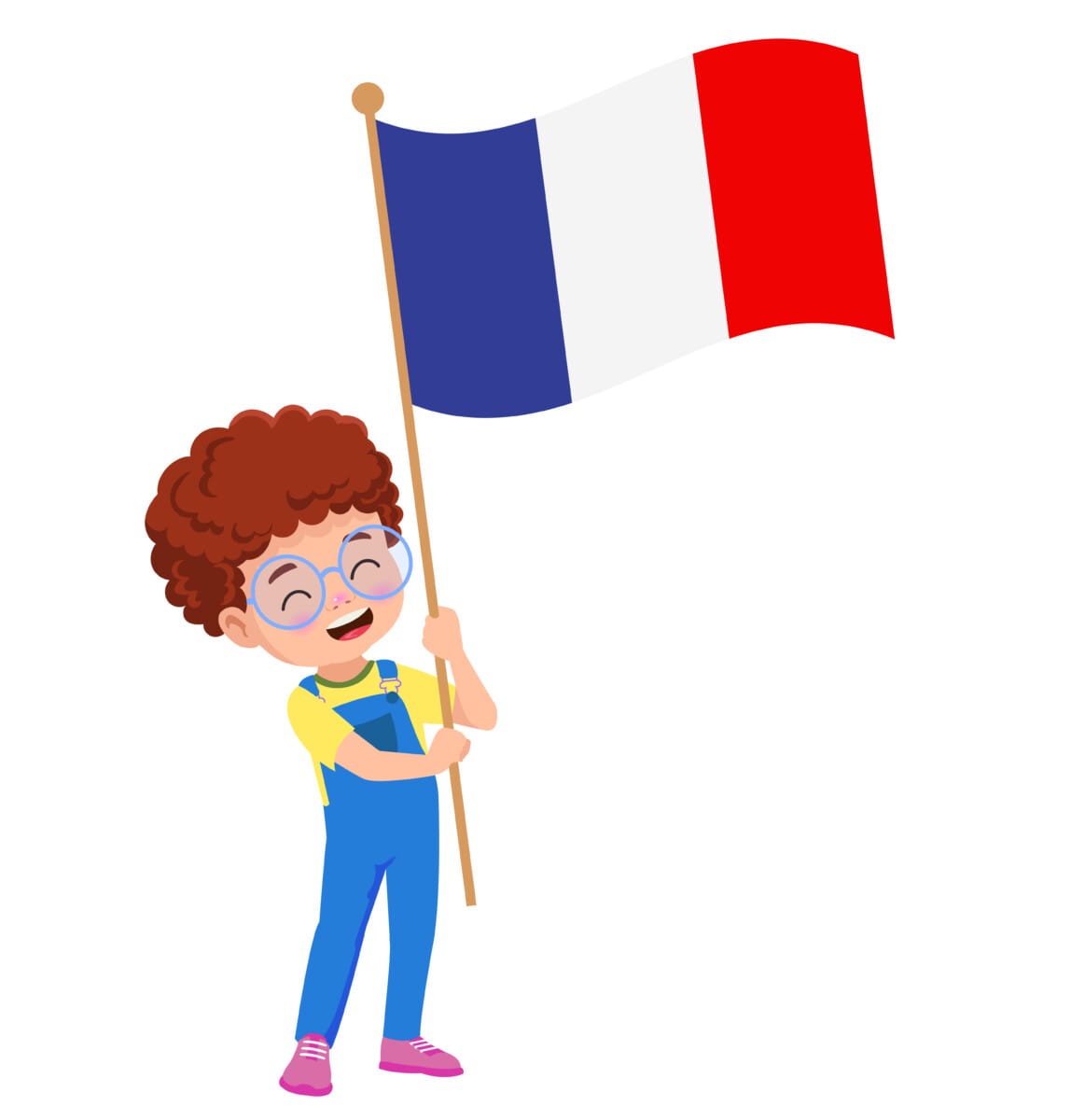How French Vocabulary Adds Elegance to Everyday English
English may be a Germanic language, but French has left a powerful mark on its vocabulary—especially when it comes to sophisticated words. Thanks to centuries of cultural exchange, English has adopted hundreds of French terms that add elegance, charm, and style to everyday conversation.
Take ‘rendezvous,’ for example. This word, meaning a planned meeting, comes from the French phrase ‘rendez-vous,’ which translates to ‘present yourself.’ Instead of saying ‘Let’s meet up,’ saying ‘Let’s have a rendezvous’ sounds more refined. Similarly, ‘déjà vu,’ meaning the eerie feeling that you’ve experienced something before, is a direct borrowing from French that feels more mysterious than simply saying ‘this feels familiar.’
French influence extends to the world of art and fashion as well. The word ‘ballet’ describes the graceful dance form and comes from the French term for ‘dance.’ Meanwhile, ‘couture’ refers to high-end fashion design, making phrases like ‘couture dresses’ sound luxurious and sophisticated.
Lastly, the term ‘etiquette’ is rooted in French tradition. Originally meaning ‘a label’ or ‘a tag,’ it evolved to describe proper social behavior—a fitting word for something so linked to politeness and refinement.
These French borrowings add flair to English, helping speakers sound more polished and articulate. So next time your students are describing a stylish outfit or planning a special meeting, encourage them to sprinkle in some French-inspired words to add a touch of elegance!










